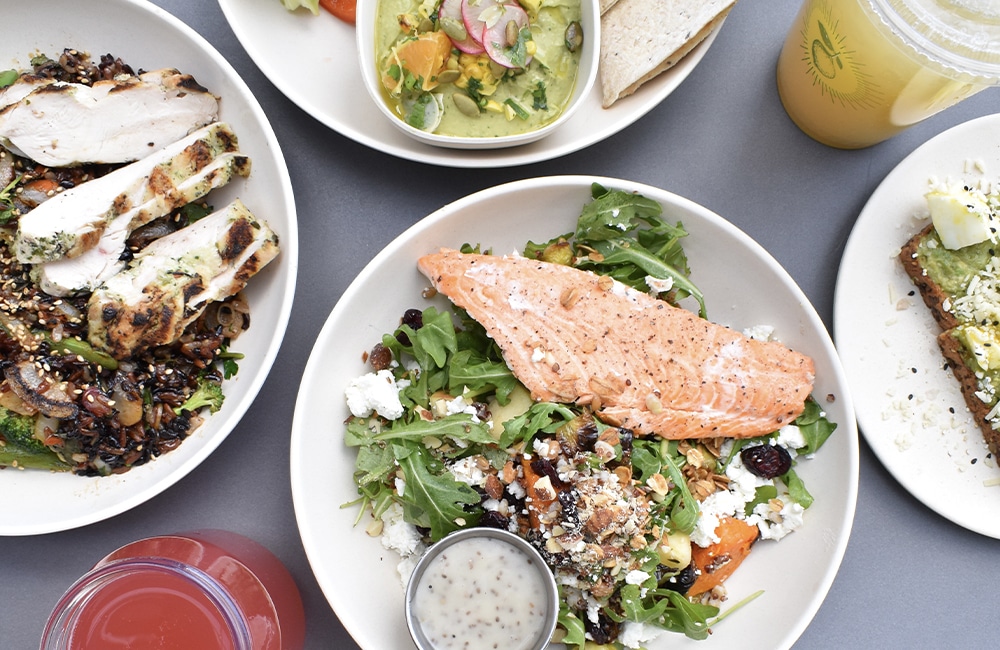
By now you would have heard about the research from the World Health Organisation (WHO) regarding meat consumption and cancer risk. Recent findings imply that the consumption of red and processed meats can increase bowel cancer risk and parallels are even being made between sausages and cigarettes. So, what does this all mean and how serious is it?
Firstly, what meats are we talking about?
Processed meat means salami, sausages, hot dogs, bacon, ham, canned meat, corned beef. These meats are typically high in saturated fat and sodium and its nothing new that they aren’t the best in terms of our health. Red meats include beef, pork, and lamb.
Who did the study & what did they find?
The WHO has a group of international exports that make up the International Agency for Research and Council (AIRC). They investigated more than 800 studies and have found strong evidence for a link between processed meats and bowel cancer. Each 50g portion (think 2-3 rashes bacon) consumed daily increases cancer risk by almost 20% of the standard risk level. Red meat may also increase the risk, but the mechanism is not yet fully understood.
Does this mean I need to cut out all the processed and red meats?
No, it goes back to the old saying of everything in moderation! This evidence is actually consistent with the current Australian Guidelines to Healthy Eating where you’ll find processed meats teamed in with ‘discretionary’ choices. We recommend limiting processed meats to every so often – maybe save them for special occasions such as bacon and eggs on a Sunday or your favourite hot dog at the football game. And in regard to red meats, lean red meats have a number of health benefits including being a rich source of protein, high in iron, zinc, and vitamin B12. So, include these, but aim for no more than 500g per week.
What should I be having then?
- Vary your protein sources daily by choosing a wide variety of lean meats, poultry, and fish.
- Watch your portion sizes as its very easy to overdo meats – aim for about 100 g at both lunch and dinner time.
- Choose lean cuts and trim off excess fat.
- Bulk up your red meat meals such as spaghetti bolognese with extra veggies.
- Be mindful not to overcook meat as the charring can be carcinogenic.
- Don’t forget you plant passed proteins such as beans and legumes for some extra variety too (Tip- meat free Mondays is a great way to introduce some legumes into your diet and help cut costs.)
- If anyone is concerned about how red meat should be included into a healthy eating plan, check in with our team at your next visit.